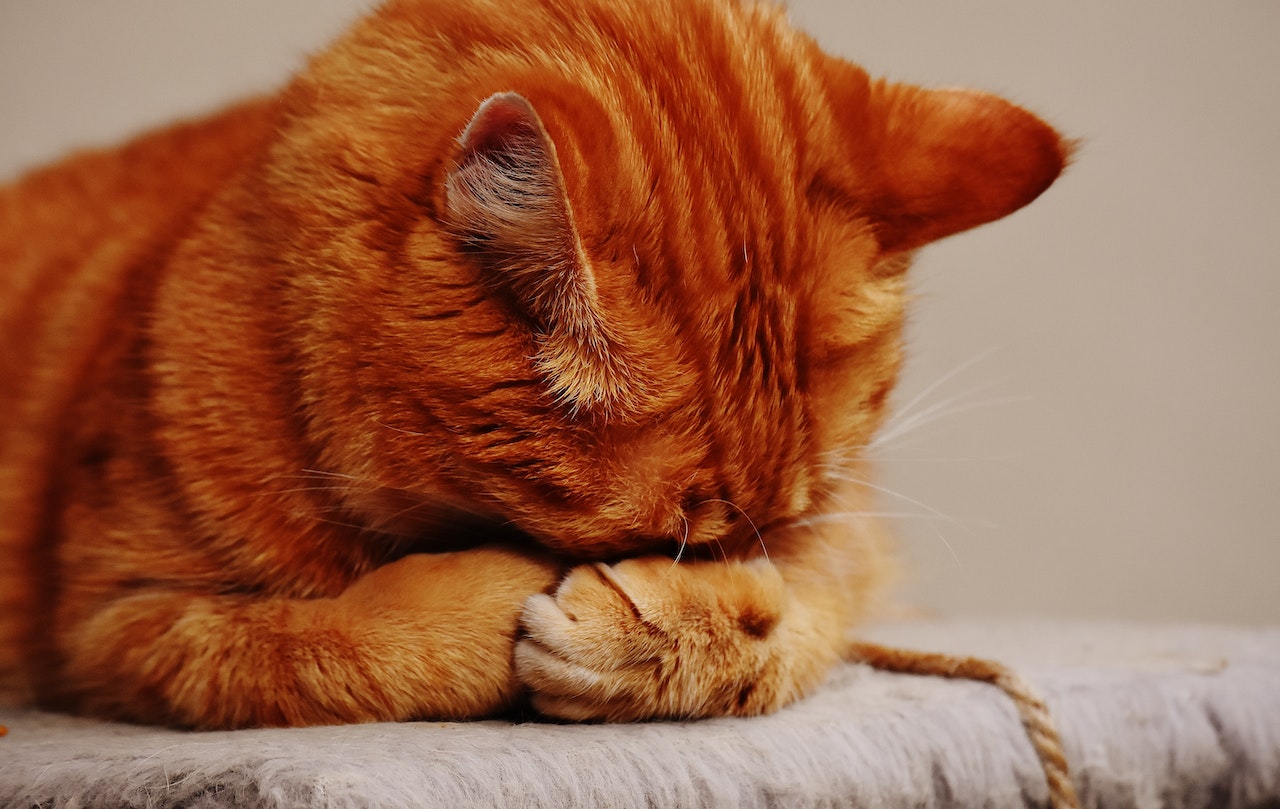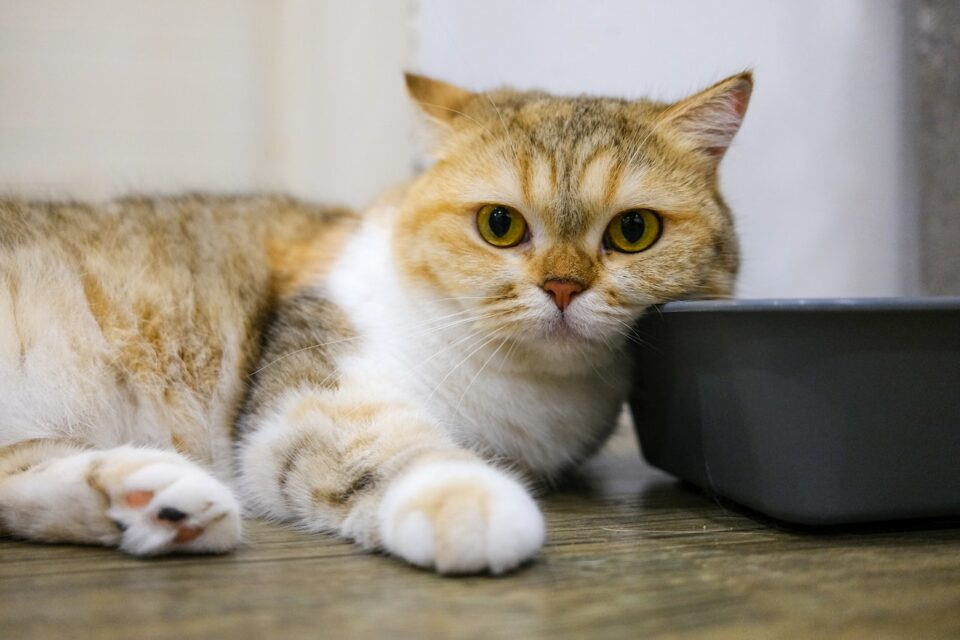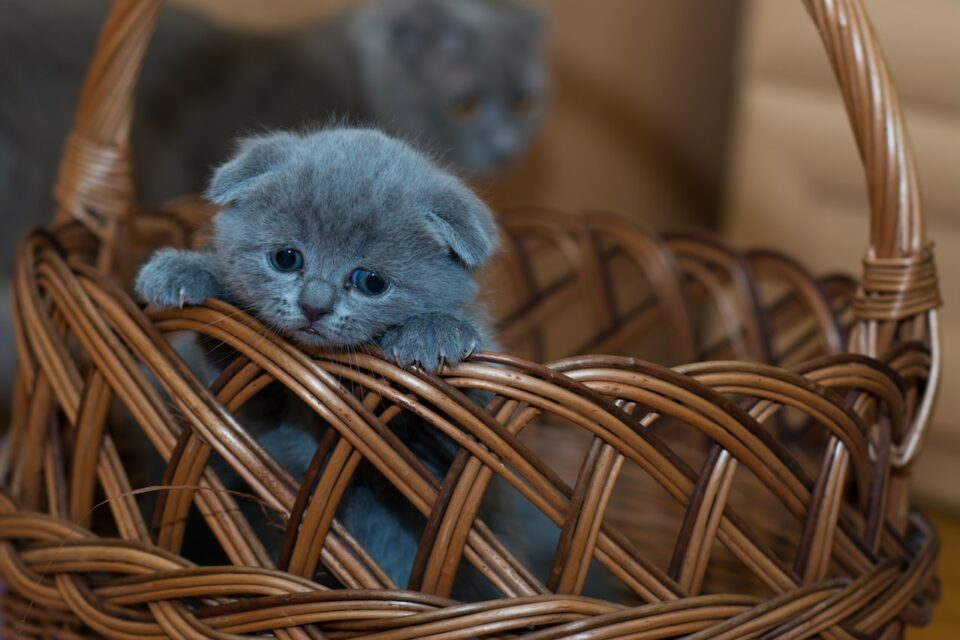
Anxiety in Cats: Identifying, Managing, and Soothing Feline Stress
It may be surprising to many of us, but our cats can develop anxiety just as easily as we can. If you have a cat that suffers from anxiety, it can feel almost impossible to get them the help they need if you do not know what to look for. If you and your cat have been struggling with the effects of cat anxiety, you are in the right place for answers.
Let us discuss anxiety in cats, what it is, how to identify it, how to manage it, and how to soothe our furry friends when they are experiencing a fit of anxiety.
What is Anxiety in Cats?
Just as in their human companions, anxiety in cats is basically an overpowering or overwhelming feeling of stress and nervousness about the future. Similar to how we can work ourselves up over our fear of the unknown, so can our cats. Cats that experience anxiety can definitely feel as scared, anxious, and irritable as we can when we are anxious, and the severity of their anxiety and the frequency that it happens can differ from breed to breed.
When our cats are experiencing anxiety, they are just anticipating or experiencing a feeling of danger, so they are on guard and keeping all their senses out for any signs of danger.
What Causes Anxiety in Cats?
Although research is still ongoing about the exact relationship that cats have with anxiety, the factors that may influence it are socialization, learned behaviors, and genetics.
Socialization refers to how well a kitten develops relationships with other creatures in its environment. Kittens that receive more socialization opportunities and are handled positively by more individuals generally tend to have less anxiety than those with less socialization.
The majority of cats develop the majority of their phobias and fears during the first year of their life. Some cat parents will start to notice these phobias get worse as they mature, up to three years old. When you notice that your cat has started to develop new phobias or fears, it is important to treat them as soon as possible before they become deeply ingrained habits.
Genetics, especially the breed of your cat, can play a significant factor in their anxiety. Be careful if you have a Siamese or Burmese cat, as these are the cats that are most likely to develop anxiety issues.
Are you looking for a quick way to give your cat a quick burst of soothing aromatherapy on the go to soothe their anxiety? Try a spray of our Calming Pet Spray for effective aromatherapy on the go!
How Can I Tell if My Cat is Anxious?
Every cat will display their discomfort and anxiety in different ways, but here are some of the most common things that cats will do when they are feeling anxious.

They Are Not Eating
If your cat is not running to their dinner bowl as soon as you open the bag of food or start to open the can, this could be a sign of anxiety. Simply put, cats love to eat, especially when you put out a treat like a can of wet food. If you find that your cat is refusing to eat or simply is not eating like they used to, you may want to talk to your veterinarian.
They Start Being Very Vocal
If you notice your cat starts to meow excessively for nonstop periods of time, you might have an anxious cat. The meow that your cat makes when they are feeling anxious will likely be different from their normal communicative meow. Although it can be tempting to think that your cat is just being annoying and shoo them off to another room, it can be a sign that they are in distress, so make sure you take the time to see if they need you.
New Compulsive Behaviors
If you suddenly notice your cat pick up a new group of compulsive behaviors such as overgrooming themselves, repetitive pacing, chewing, or clawing furniture, these could be signs of cat anxiety.
What Do I Do For My Cat’s Anxiety?
One of the best things you can do for your cat’s anxiety is to counter-condition their anxiety trigger. Once you start noticing that your cat has experienced a trigger that has caused their anxiety to spike, immediately start to condition them to associate that trigger with a positive event rather than a negative one by giving them a high-value treat while using some quick aromatherapy options such as a Calming Spray to help them feel immediate relief from their anxiety.
This will start to change the association that they have between the trigger, such as getting into a cat carrier, and a negative event, such as visiting the veterinarian and getting a shot, into a positive event, such as an opportunity to get a treat.
If you are looking for the most effective aromatherapy oil to calm down your cat’s anxiety, try our Calming Herbal Essential Oil Blend.

Final Thoughts
Although it can be difficult to raise a cat that struggles with anxiety, there are definitely signs that you can watch out for so that you can make them as comfortable as possible. Whenever you notice your cat showing cat anxiety signs, take the time to give them some tender loving care along with aromatherapy so that your fur baby can feel their best.
Share
